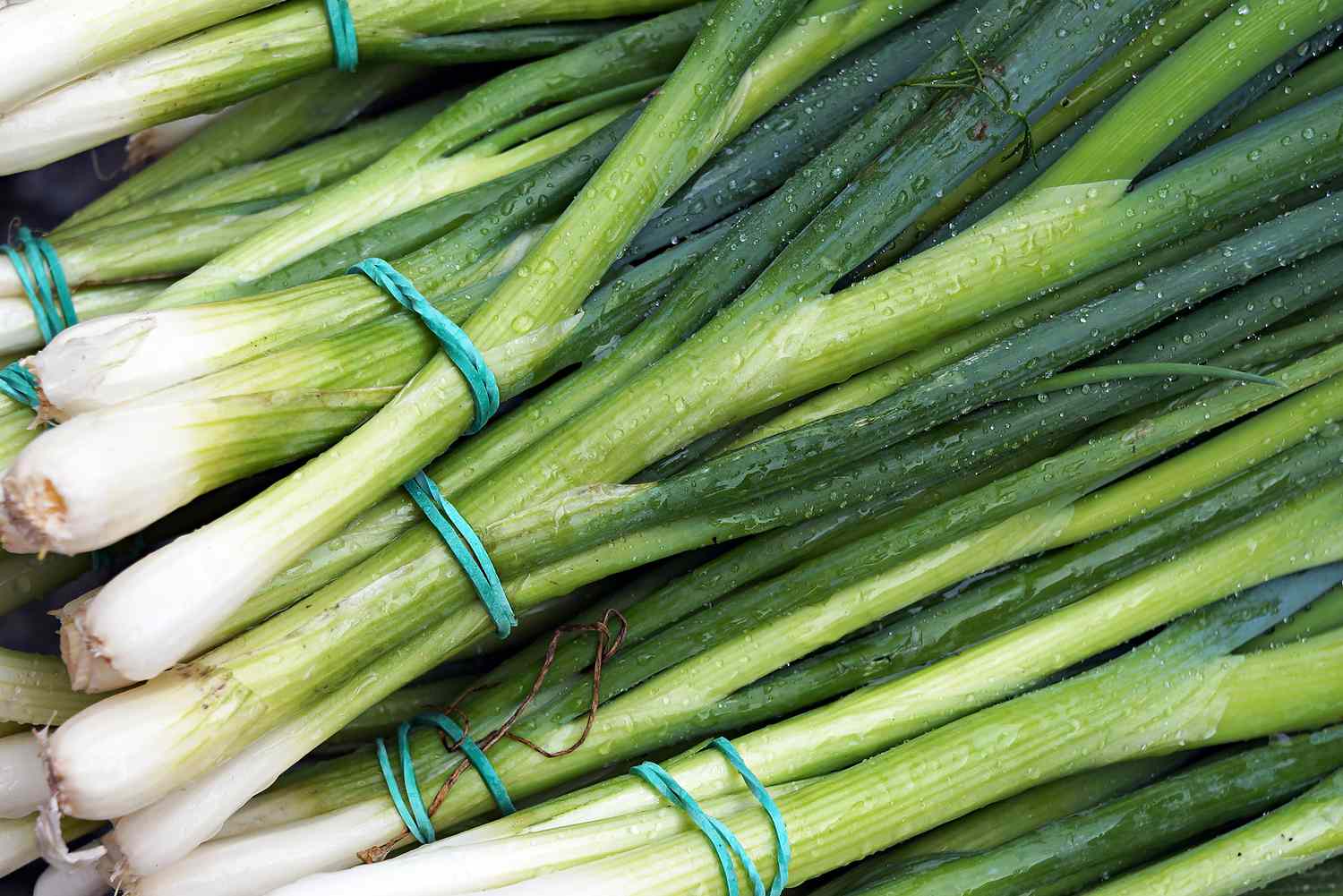Green Onions And Heart-related Risks

By Chisom Ibemere
Green onions is known by other names such as scallions and spring onions and is a type of allium vegetable with long, slender green stalks and small white bulbs.
They have been used in various culinary dishes and offer numerous nutritional and health benefits.
It is a rich source of vitamin C, which helps strengthen the immune system, protects against infections, and promotes overall health. It contains flavonoids and antioxidants that fight against free radicals, reducing the risk of chronic diseases.
Green onions are low in calories and sodium and high in fibre and potassium which gives them the ability to regulate blood pressure, promote cardiovascular health, and reduce the risk of heart disease.
It also promotes bowel regularity, preventing constipation and supporting microbiome. It contains quercetin, which possess anti-inflammatory properties.
Green onions are a rich source of vitamin K, which is essential for bone health. It helps in the absorption of calcium absorption, promotes bone mineralization, and reduces the risk of osteoporosis.
It contains vitamin A and antioxidants like zeaxanthin and lutein which contributes to maintaining good vision, preventing age-related macular degeneration and protects the eyes from oxidative stress.
The sulfur compounds in green onions supports the regulation of blood sugar levels which is beneficial for to individuals at risk of developing diabetes. It posseses antimicrobial properties due to the presence of compounds like allicin. They help fight against harmful bacteria and viruses in the body.
Consuming green onions can contribute to a variety of health benefits, making them a valuable addition to your meals.
